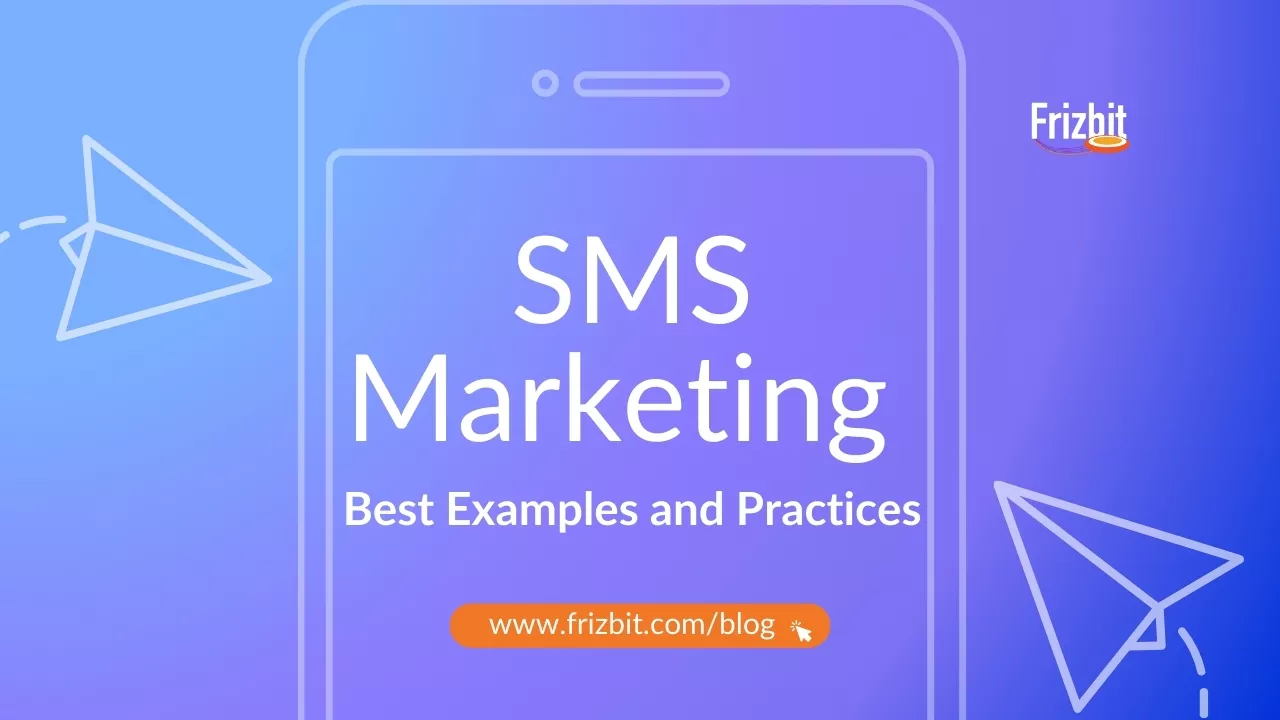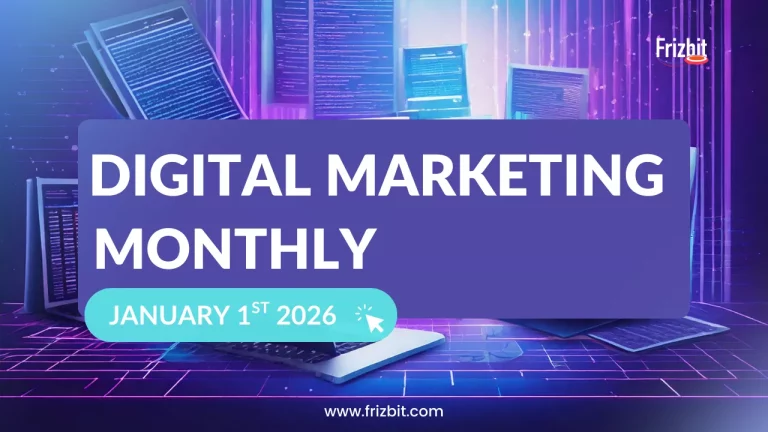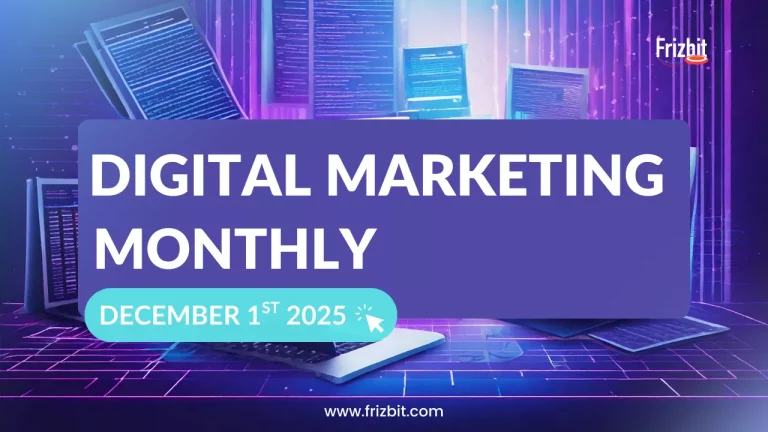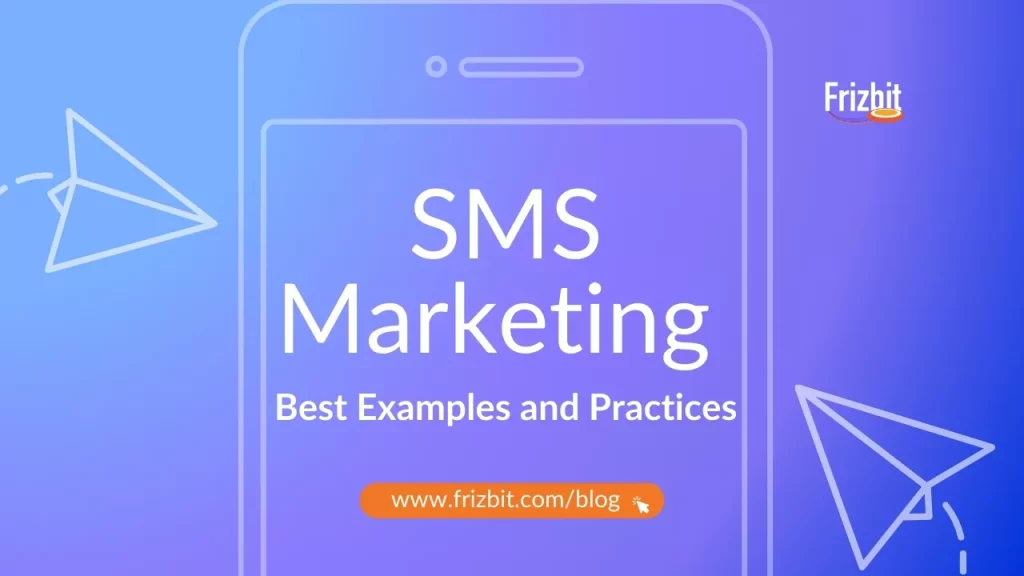
SMS marketing, remains a cornerstone of successful marketing strategies, generating high open rates and immediate delivery.
With the impressive increase of mobile phone users, eCommerce businesses across industries leverage SMS marketing to connect with their audience directly.
In this blog, we’ll explore some of the best examples of SMS marketing and delve into strategic practices that can elevate your SMS campaigns.
Why SMS Marketing?
Before diving into the best practices and examples, let’s briefly understand why SMS marketing is so effective:
- High Open Rates: SMS boasts an open rate of around 98%, significantly higher than email.
- Immediate Delivery: Messages are typically read within minutes of being received.
- Direct Communication: SMS provides a personal touch, making customers feel valued.
- Broad Reach: With almost everyone owning a mobile phone, the potential reach is vast.
Examples of SMS Marketing
1. Retail and E-commerce: Flash Sales and Exclusive Offers
Retailers aim to create a sense of urgency and excitement, driving immediate purchases.
By offering a substantial discount for a limited time, they encourage customers to act quickly, potentially boosting their sales volume significantly within a short period.
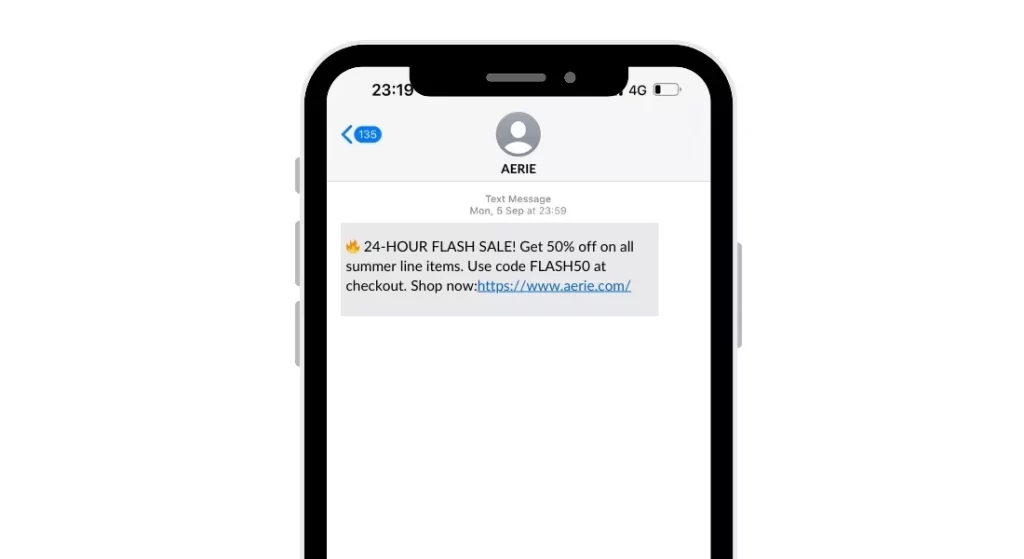
Pros and Cons:
Pros:
- Creates urgency with a time-limited offer.
- Offers significant discounts, encouraging immediate purchases.
- Direct link to the store makes it easy for customers to shop.
Cons:
- May overwhelm customers with frequent flash sale notifications.
- Requires precise timing to avoid sending messages at inconvenient hours.
2. Hospitality: Reservation Reminders and Promotions
Hotels seeks to reduce no-show rates by reminding guests of their bookings, while also fostering customer loyalty through exclusive discount offers for future stays.
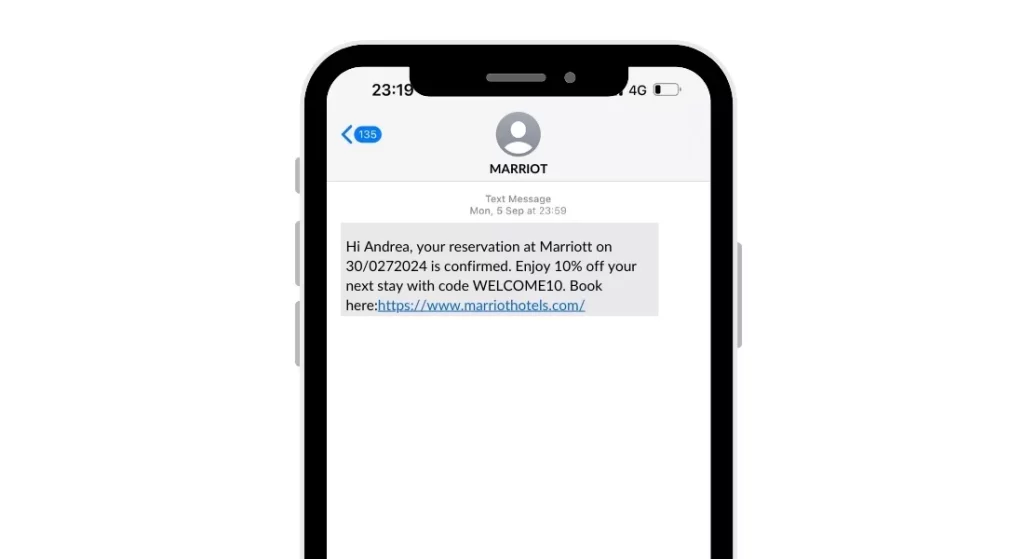
Pros and Cons:
Pros:
- Confirms reservations, reducing no-shows.
- Encourages repeat business with a discount offer.
- Personalises the message by including the customer’s name.
Cons:
- Might be less effective if customers overlook SMS messages.
- Requires accurate data to personalise messages correctly.
3. Healthcare: Appointment Reminders
Clinics and Hospitals aim to minimise missed appointments, ensuring that their schedule remains efficient and that patients receive the care they need on time.
Health tips are added to promote good habits and provide additional value.
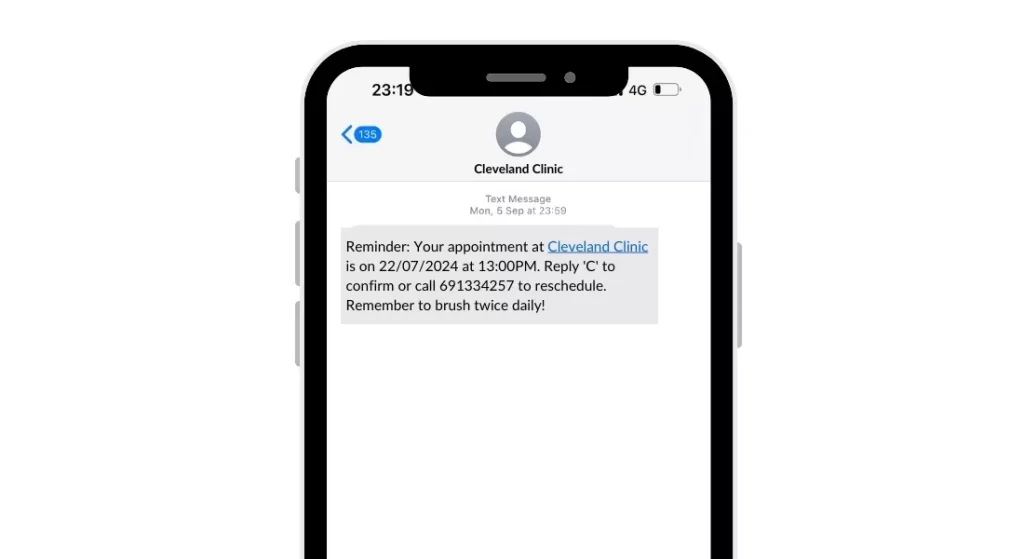
Pros and Cons:
Pros:
- Reduces missed appointments.
- Provides a simple way to confirm or reschedule.
- Adds value with a health tip, promoting good habits.
Cons:
- Might be ignored if not sent at an appropriate time.
- Health tips might not always be relevant to the recipient.
4. Food and Beverage: Order Confirmations and Updates
DoorDash aims to enhance the customer experience by keeping them informed about their order status.
Real-time updates and tracking links help manage customer expectations and reduce anxiety about delivery times.
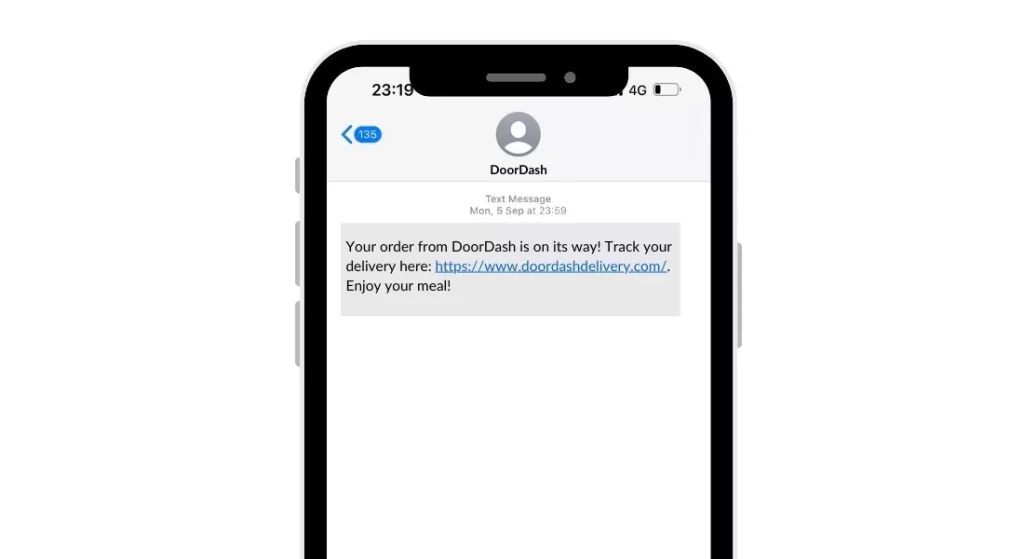
Pros and Cons:
Pros:
- Keeps customers informed about their order status.
- Provides a tracking link for convenience.
- Enhances customer experience by managing expectations.
Cons:
- Frequent updates can become annoying.
- Link tracking may not always be accurate in real-time.
Best Practices for SMS Marketing
1. Gain Consent and Provide Opt-Out Options
Always ensure customers have opted in to receive messages and make it easy for them to opt out.
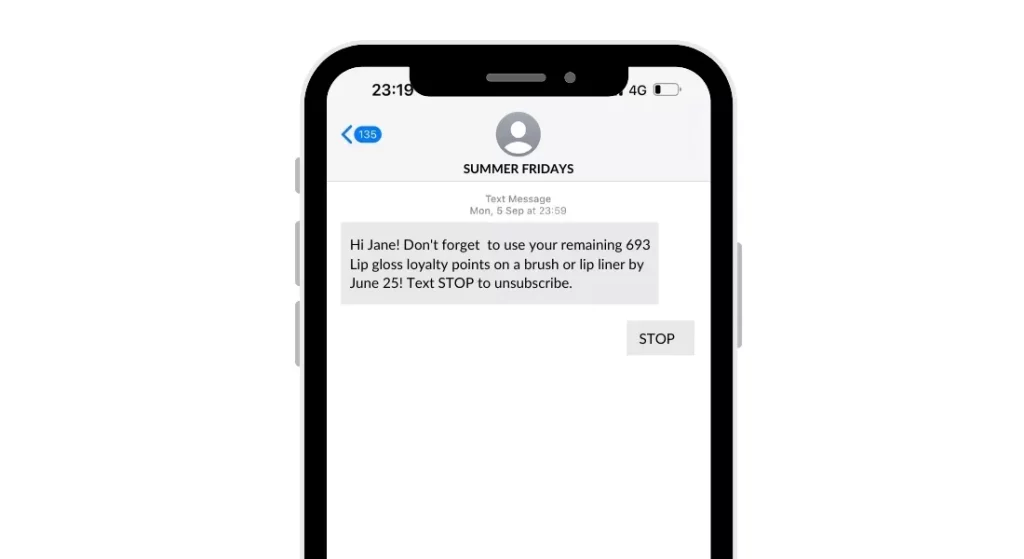
Why It’s Important? Gaining consent and offering opt-out options ensures that you respect your customers’ preferences and privacy. It also keeps your SMS marketing campaigns compliant with legal regulations, avoiding potential fines and maintaining your brand’s reputation.
2. Keep Messages Short and Clear
SMS messages have a character limit, so keep them concise and to the point. Include a clear call-to-action (CTA).
SMS Example : SALE! Get 30% off with code SUMMER30. Shop now: https://www.summerfridaycosmetics.com/
Why It’s Important: Short and clear messages ensure that your communication is easily understood, increasing the likelihood of customer engagement. A clear CTA in your messages directs customers to the next steps, enhancing the effectiveness of your SMS marketing campaign.
3. Personalise Your Messages
Use customer data to personalise messages. Address customers by their names and tailor offers to their preferences and purchase history.
SMS example: Hi [Name], enjoy 20% off on your favourite shoes with code SHOES20. Shop now: https://www.summershoes.com/
Why It’s Important: Personalised messages make customers feel valued and understood, increasing engagement and loyalty. Tailored offers are more likely to resonate with customers, driving higher conversion rates.
4. Timing is Key
Send messages at appropriate times to maximise engagement. Avoid sending messages late at night or early in the morning.
Why It’s Important: Timing your messages correctly ensures they are received when customers are most likely to engage with them. This increases open rates and reduces the risk of annoying customers with poorly timed messages.
5. Include Clear CTAs
Your message should have a clear and compelling call-to-action. Whether it’s a link to a website, a discount code, or a prompt to reply, make sure customers know what to do next.
SMS example: Limited time offer! Reply YES to claim your 50% discount code
Why It’s Important: A clear CTA guides customers on what action to take next, increasing the chances of them following through. It makes your SMS marketing campaign actionable and measurable.
6. Test and Optimise
A/B test different messages, offers, and send times to see what works best for your audience. Use metrics like open rates, click-through rates, and conversion rates to measure success.
Why It’s Important: Testing and optimising your SMS marketing campaigns allows you to refine your strategy based on data-driven insights. This continuous improvement process helps maximise the effectiveness of your campaigns, ensuring better results over time.
Conclusion
SMS marketing is a powerful tool when used correctly. By following these best practices and learning from successful examples, you can create effective SMS campaigns that engage your audience and drive results. Remember, the key to successful SMS marketing lies in delivering value, maintaining consent, and continuously optimising your approach.
Start using SMS marketing today to elevate your business communication to achieve the best results for your marketing campaigns! Request a free demo with Frizbit.
If you want to learn more about this topic, make sure to read our SMS Marketing ultimate Guide.
SMS Marketing: FAQ
Q: What is SMS marketing?
SMS marketing stands for “Short Message Service” and consists of sending promotional or transactional messages directly to customers’ mobile phones via text messages.
Q: Is SMS marketing illegal?
Yes, text message marketing is legal as long as you adhere to the established regulations. U.S. laws dictate how businesses can engage in marketing to consumers, and non-compliance can result in fines or lawsuits, potentially damaging your brand.
Q: Is SMS marketing still effective?
SMS boasts an impressive conversion rate. Mobile users are more responsive to calls to action in text messages than in any other marketing channel. Research indicates that SMS messages have an average response rate of 45 percent, compared to an average email response rate of 6 percent.
Q: What is SMS strategy?
SMS marketing, also known as text message marketing, involves sending text messages to directly engage with consumers. It’s similar to email marketing but instead of sending an email to an inbox, you’re sending a text message to a customer’s smartphone.
Q: How big is SMS marketing?
The SMS marketing industry is projected to be worth $12.6 billion by 2025, with a compound annual growth rate (CAGR) of 20.3% over six years. This growth is driven by new AI tools that enhance SMS marketing effectiveness and the expansion of SMS marketing into new industries.
